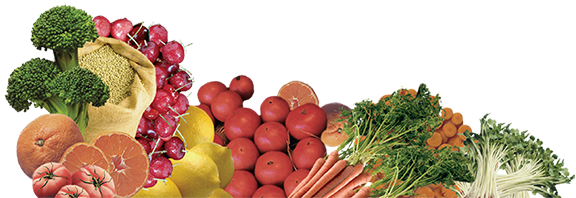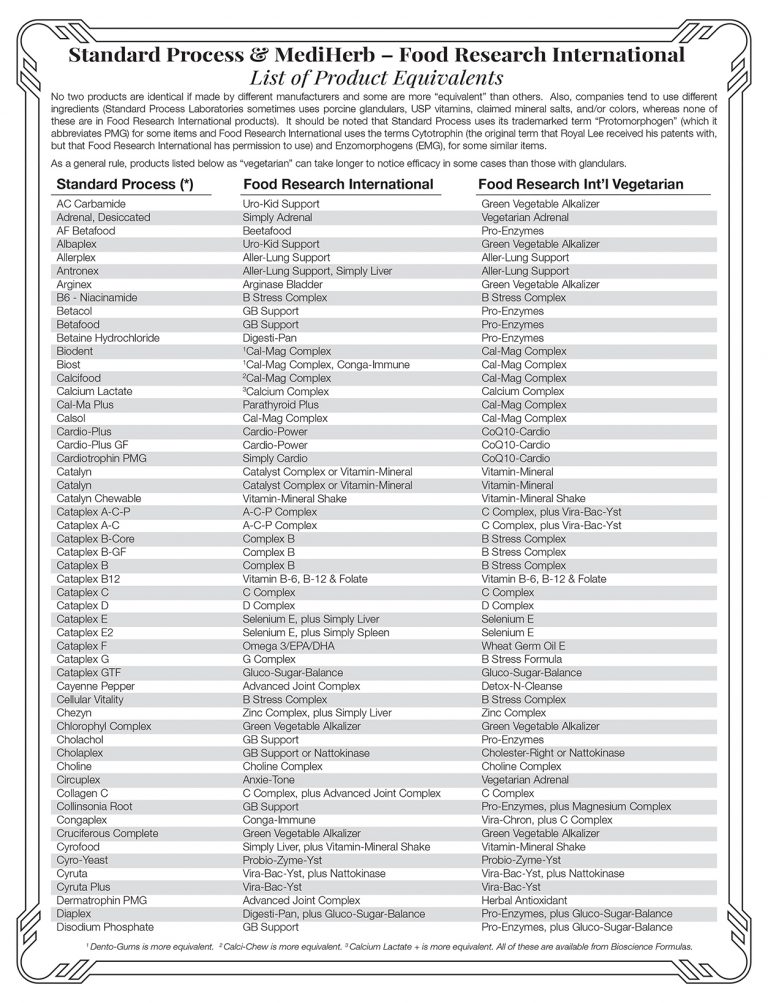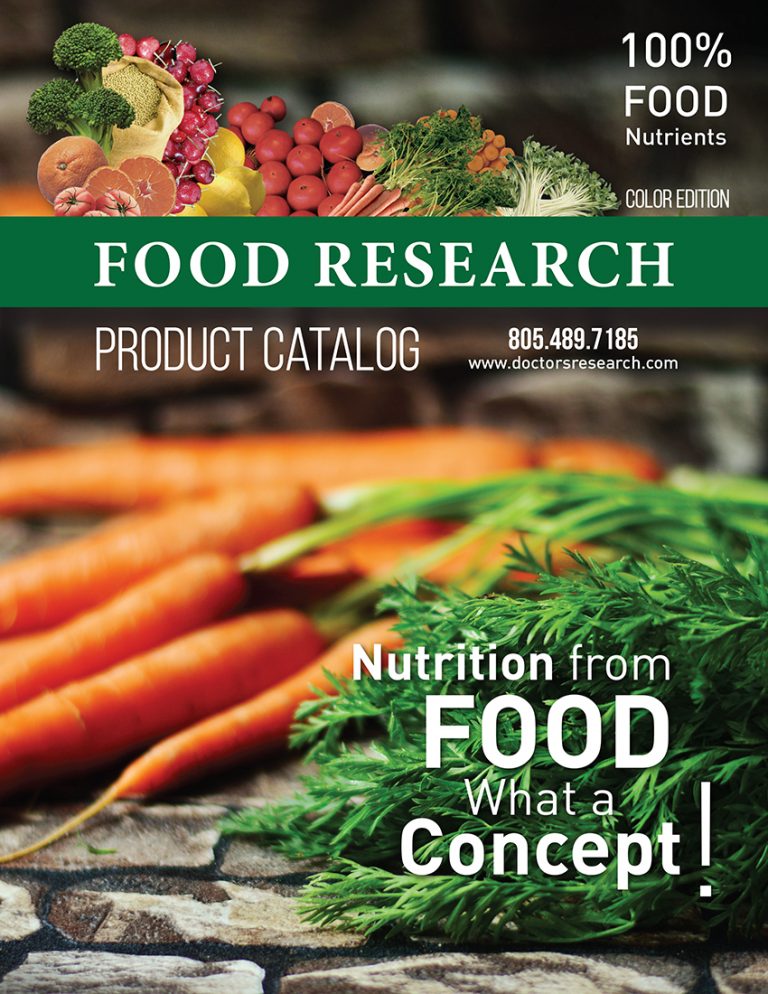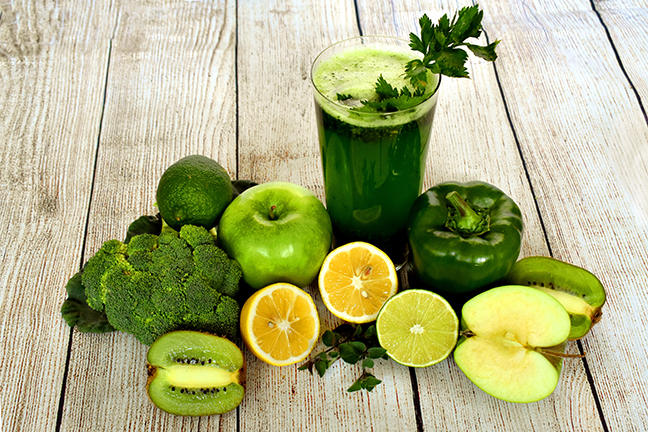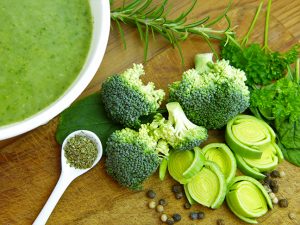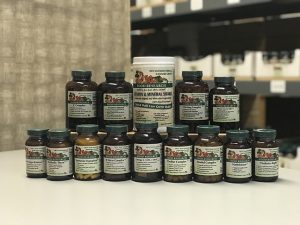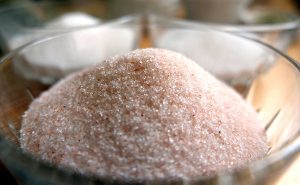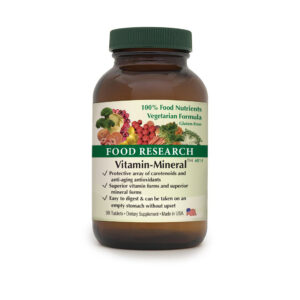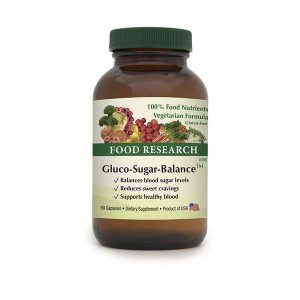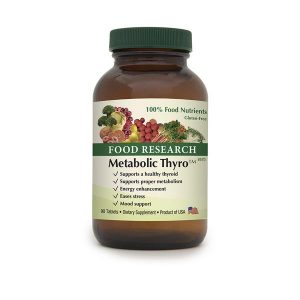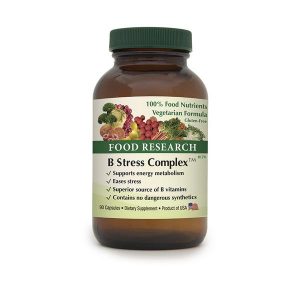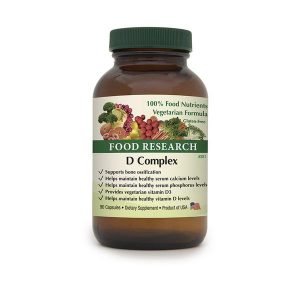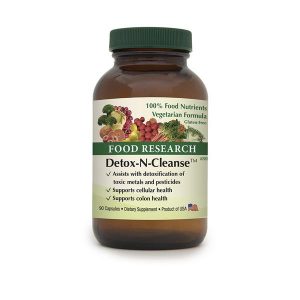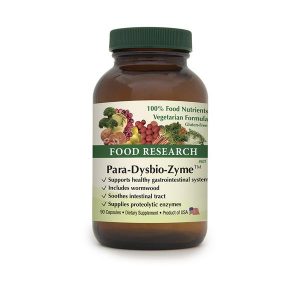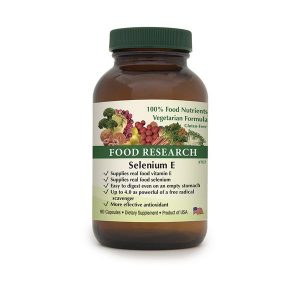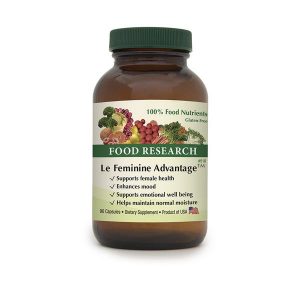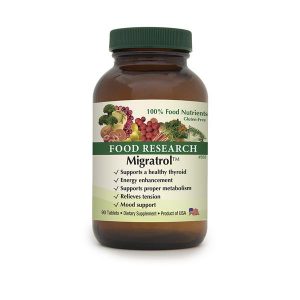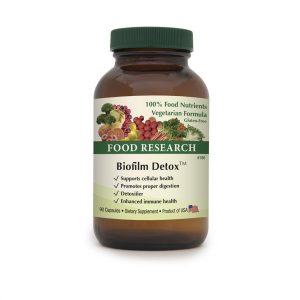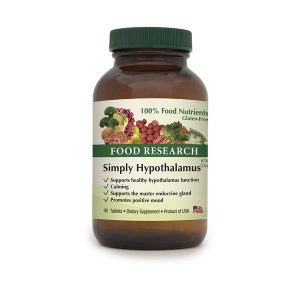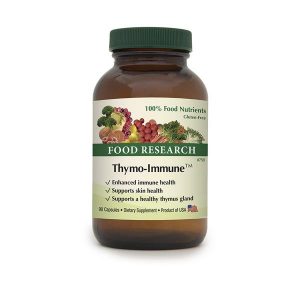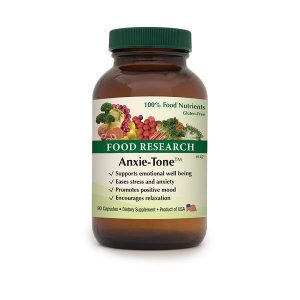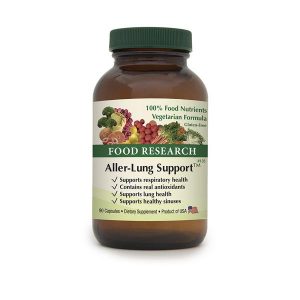At least 98.97% of vitamins consumed are synthetic isolates, though they are often labeled as natural. Yet, there are no isolated USP nutrients that exist naturally. So, nearly all companies combine synthetic isolates with industrially-processed minerals in order to produce their vitamin-mineral formulas.
FOOD brand products are different.
They never contain any synthetic/isolated USP nutrients.
In order to obtain the potencies of nutrients that members of modern societies need, many of the nutrients in our products are hydroponically-grown to improve the concentration of nutrients in the specific raw foods that we use.
The processes essentially take advantage of a law of nature that a plant will absorb more of a nutrient when that nutrient is more available. Essentially, the plant is fed an enzyme-containing liquid that will be higher in one particular mineral. The plant will absorb more of that mineral, since more of it is present. The nutrient foods are grown in an FDA registered facility.
In reality this is duplicating the process of nature when we create food nutrients. Nature’s process takes inorganic, non-food substances from the soil and delivers them to the cells of the plant. This natural process is the merging of different elements into a union creating one. Creating a whole from different elements is nature in action. The best method of creating a union, like those created by nature, between inorganic fractions and the whole food matrix seems to be by utilizing hydroponic technologies.
Food Research wanted to supply the best possible form of nutrients so it looked into modern technologies that would be compatible with the natural life processes that nature uses to improve the nutrients in natural plants.
This led to the acquisition of foods combined with a natural cold fusion process. The definition of fusion is the merging of different elements into a union, creating an enhanced whole from different elements. A natural cold fusion process is used to produce superior nutrients that are always 100% food. Enhanced nutrients occur from the merging of specific elements through a living plant into a whole food matrix through low temperature hydroponic farming. The reason that the process is “cold” is in order to preserve the naturally-occurring enzymes and other beneficial substances in the foods. Many of the processes and equipment had to be custom-made or altered to accommodate our need to maintain the fresh frozen raw foods used to create the usable raw materials. Cold fusion processing was not an after thought. No expense was spared to create these cold fusion processes and the state of the art manufacturing plant needed to keep Food Research, International products the best available on the planet.
Furthermore, this form of “cold fusion-hydroponic” farming is pesticide free, and hence the quality of the food nutrients produced this way can be considered superior to conventionally grown foods. After they are grown to proper maturity, the plants are then harvested and dried.
No Genetically-Modified Organisms (GMO) have ever been found in our nutrient foods, upon average analysis (which means none have ever been detected any time that our nutrients have been tested for them).
These superior foods are also free of artificial colors, preservatives, and similar chemicals. The grown nutrients are also HPLC (high performance liquid chromatography) validated. The nutrient content of each batch is tested for potency.
FOOD brand supplements represent the best of all worlds: Real food nutrients, in real foods, with naturally occurring substances (such as enzymes, amino acids, lipids, and/or bioflavonoids) bottled and tested for potency.
100% food nutrients, 100% of the time.

